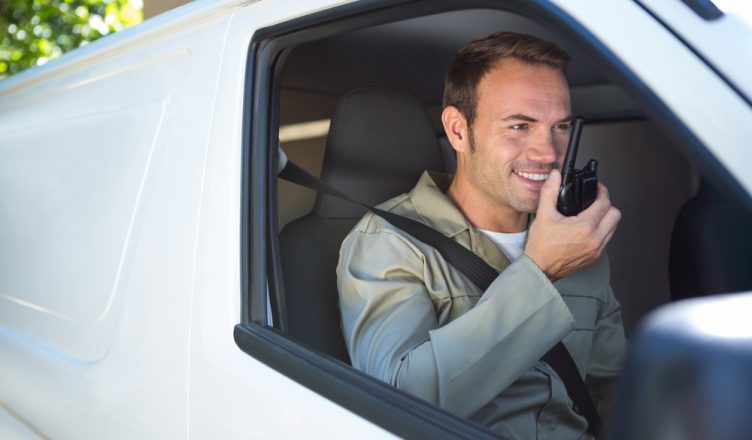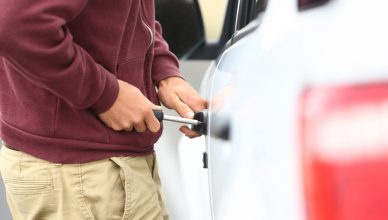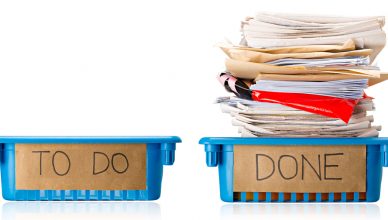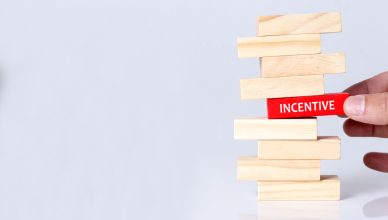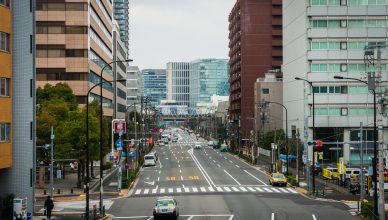Unauthorized personal use of company vehicles can really burn a hole in your pocket. Automobiles are a big expense. To get a good return on that investment, you need to make sure your field employees are only using them to benefit your business.
But your field employees might be using company vehicles for personal reasons. They could be taking some time to hang out with friends while they’re on the clock, or they could be moonlighting to supplement their personal income. No matter the reason, it’ll hurt your business badly.
Let’s take a deeper look at this issue to learn more about why field reps using company vehicles for personal purposes is bad for business and how you can stop it.
How Personal Use Of Company Vehicles Hurts Your Business
Unnecessary Risk
Driving is dangerous. Every time a field employee takes their company vehicle on the road, they risk getting into an accident. And an accident can have disastrous consequences: repair bills, insurance hikes, serious injury, etc.
If your field employee only uses their company vehicle when they’re working for you, then you can limit that risk as much as possible.
Also, if a field employee is using their company vehicle to work a second job, then they probably don’t have much time to rest, which leads to poor performance and increases the likelihood of accidents.
More Maintenance
Repairing a vehicle after a collision can be pricey, but it’s nothing compared to the long-term maintenance costs that add up over the years. Expensive parts will eventually need to be replaced, and at some point the vehicle itself will need to be replaced.
Moonlighting will put a lot of extra miles on your vehicles. That means more maintenance and reduced resale value.
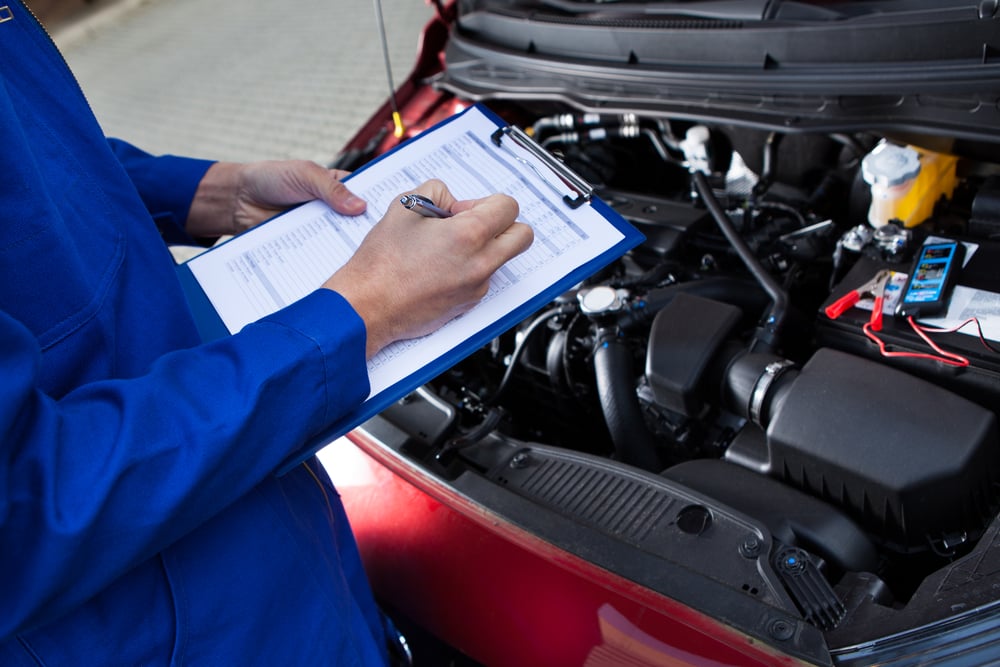
Increased Liability
Personal use of company vehicles can get you into legal trouble as well.
If one of your field employees crashes into another car, someone could slap you with a lawsuit. And employees who moonlight often don’t have general liability insurance. So, if there’s a lawsuit, the plaintiff’s lawyer will be more likely to include you (the moonlighter’s employer) in the lawsuit because you’re a deep pocket defendant.
There doesn’t even need to be an accident for personal use of an employer-provided vehicle to get you into trouble. One of your field employees could speed or violate some other traffic law and get pulled over by the police. Even if the field employee wasn’t working for you at the time, if they’re in your company vehicle, you could face some consequences.
Ruined Reputation
In addition to the monetary cost of getting into accidents and violating traffic laws, there’s also the damage these things do to your reputation.
Your field employees represent your brand. Whatever they do in their company vehicles reflects the culture of your company. If their behavior indicates that your company is reckless and unprofessional, it will become much more difficult to attract new customers and hold on to your current customers.
Want To See For Yourself How Route4Me Can Boost Your Profits?

How To Stop Unauthorized Use Of Company Vehicles
There are three ways to reduce personal use of company vehicles: implement non-compete agreements, establish a personal usage policy, and use a route planner.
Implement Non-Compete Agreements
To ensure your company cars are only used for business purposes, you may ask your drivers or field reps to sign non-compete agreements. If they violate the agreement, that would give you just cause to fire them. You could also give them a warning to ensure that it doesn’t happen again. However, non-compete agreements are illegal in some states, so you need to double-check before implementing them.
Establish A Personal Usage Policy
Another way you can stop personal use of company vehicles is by putting a vehicle usage policy in place. This policy should include:
- Restricting the attachment of equipment to a company vehicle, such as roof-top carriers, snowplows, or winches to be used for personal purposes.
- Prohibiting the towing of campers, trailers, and boats.
- Banning the loaning of a company vehicle to unauthorized users or hiring the company vehicle out to an enterprise unapproved by the company.
You can include more clauses than that, of course. Just make sure the policy is flexible enough to cover unanticipated situations (remember to use the phrase “including, but not limited to”).
Even if you put a personal usage policy in place, though, it won’t 100% guarantee that field employees will never use vehicles for moonlighting or other personal needs. It will help, but you need to use technology if you really want to stop non-authorized use of company vehicles.
Use A Route Planner
Adopting a route planner is the best way to stop personal use of company vehicles. This technology comes with features that allow you to track drivers and prevent unauthorized use, such as:
GPS Tracking
Field operations are difficult to manage. You’re in the office, and your employees are on the road and out of sight. How do you know that they’re doing what you want them to do?
GPS tracking is how. This feature shows you the location and speed of your field employees in real-time. If someone on your team is doing anything other than driving to and from customer locations, you’ll be able to see it, so you can put a stop to it.
You should be aware that you may experience some pushback from your staff when you start to implement GPS tracking. No one likes to be watched.
To get your team on board, explain to them that, in addition to helping you prevent unapproved behavior, GPS tracking will allow you to evaluate performance more accurately. That means hard work will never go unnoticed, and anyone who puts in extra effort can receive recognition and rewards, such as raises and promotions. They’ll love that!
Reporting And Analytics
You don’t need to watch GPS tracking in real-time to know what’s going on with your field staff. GPS tracking technology can record tracking data and help you understand your business better (for example, you’ll have the ability to see how many company miles vs. how many personal miles are driven).
Here are just a few of the stats that GPS tracking can collect for you:
- Distance (Planned vs. Actual)
- Stops (Planned vs. Visited)
- Time (Planned vs. Actual)
- Routes per Day
- Average Time On Site vs. Allocated Service Time
- Stops per Day (Planned vs. Visited)
- Notes per Day
Speed Alerts
If one of your field employees is trying to do another job while they’re still on the clock for you, they’re probably going to need to break the speed limit in order to do both jobs at once.
The best route planners have a speed alert feature that automatically sends you a notification whenever someone on your team speeds. If it’s a one-time thing, then maybe the field employee just got a little careless… but if you notice a habit of speeding, you’ll have good reason to be suspicious and investigate further.
Geofencing
Geofences are virtual perimeters that you can place around real-world locations, such as the addresses of your customers. Then, whenever one of your field employees crosses through the perimeter, the geofence will log when they entered and when they left. This gives you yet another way to monitor your field employees and make sure they’re following your directions.
Route Optimization
Even when your field employees are using their company vehicles properly, there are still a lot of other things you could be doing to reduce your expenses.
Route planning is complicated. There’s more to it than just figuring out how to get from Point A to Point B. You also need to consider traffic, construction, weather, and many other factors. Even something as minor as the time of sunrise and sunset can have a huge effect on your routes.
It can take a long time to account for all of these factors by yourself. Depending on the number of stops you need to make, it can take hours. And it’s so confusing and time-consuming that you might make a mistake or two, which would delay your field employees and upset your customers.
That’s why you need route optimization software. It accounts for these factors for you. All you need to do is plug in the addresses you want to visit, set the constraints (number of drivers, available time window for each customer, etc.), and then your accurate and efficient route will be ready in 30 seconds or less.
With optimized routes, your field employees won’t need as much time or gas to complete their assignments. You’ll save a lot of money.
So, do you have any questions about how to stop personal use of company vehicles? Feel free to let us know in the comments section below.
Finally, answering these three questions correctly will confirm that you know how to deal with unauthorized personal use of company vehicles:
- How should you design a personal use of company vehicles policy?
- How can GPS tracking help you put an end to bad driving behavior?
- How can geofencing technology help you control unauthorized personal use of company vehicles?
Want To See For Yourself How Route4Me Can Boost Your Profits?

